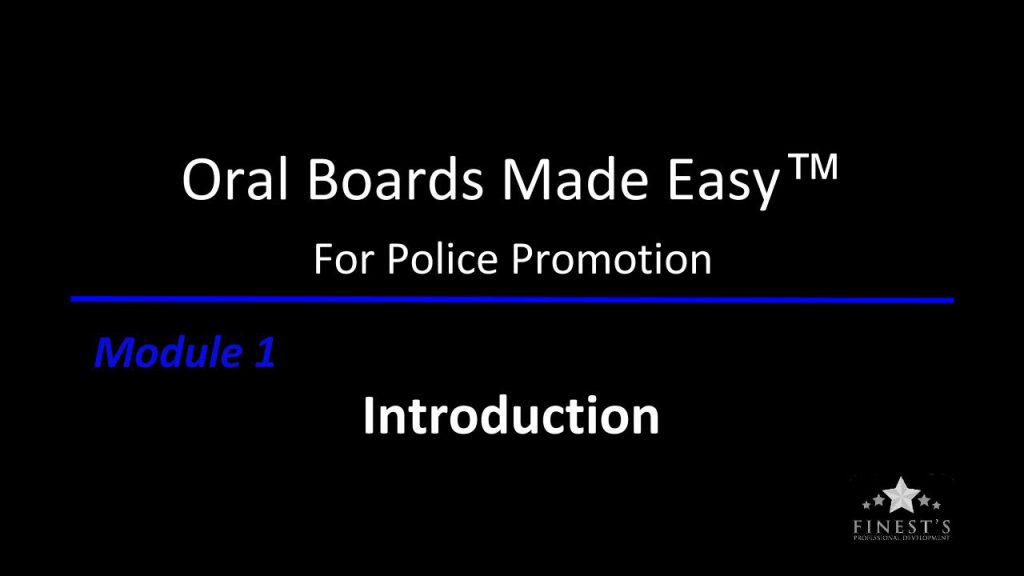Police Sergeant Oral Board Question:
What is Implicit Bias and what concerns will it pose for you as a sergeant?
When it comes to police sergeant oral board questions, Implicit bias has been the focus of much discussion in police training circles for the past dozen years. Much of the emphasis has been on what it is and that it exists in all of us.
And while this topic may not be part of the ongoing conversation that officers have with their fellow officers, it is very much a concern at the executive levels of the police department.
Here’s why, research has shown that each of us has an invisible, and possibly undetected, force within us that may be dictating our behaviors.That is fine when the behaviors are the right ones, often those are our good habits.
But what if this force is resulting in undesirable behaviors? Well, this is where chiefs rely upon their supervisors to be good supervisors. For that reason, be prepared to answer a question on implicit bias as I am about to do in this video.
“If you are looking for a well designed assessment / oral interview study program this is the one. The program is very reasonably priced, so don’t risk your career watching free videos or just reading articles on line. If you’re serious about getting promoted, invest in your career and use The Oral Boards Made Easy program. It will help you get promoted.”
-Promoted to Lieutenant in Massachusetts
ANSWER TRANSCRIPT:
Implicit Bias Oral Board Answer
“The best way that I can describe implicit bias is to call it an invisible, cognitive force. The invisible characteristic is what separates implicit bias from explicit bias. Explicit bias are the likes and dislikes that we know about and often speak about publicly. Implicit bias, however, is hidden. In many cases it is hidden publicly, and in some cases it is hidden to the person who possesses the bias.
Biases in and of themselves are not necessarily bad, rather they are a reflection of likes and dislikes, something that we all have. And in many cases, our biases have formed over long periods of time and we hold them to be a true and accurate reflection of the world. In reality, they can be one person’s skewed worldview, which is when that implicit bias becomes problematic.
A troubling example of a negative implicit bias is a bias against a particular race of people.If the worldview of an individual is that a particular race is bad, then any interactions by that person with members of that race has a greater likelihood of being inappropriate.
My research on implicit bias has shown that the deep rooted nature of implicit bias makes it resistant to simple forms of correction, such as training programs. What has been shown to be effective, however, is awareness. By making people aware of what implicit bias is and that everyone possesses implicit biases for a variety of likes and dislikes, the door is then opened for individuals to keep their inappropriate biases in check.
As this pertains to me as a sergeant, I have to be the one having the ongoing conversations with my officers regarding implicit bias so that the awareness remains fresh. In those conversations I will be including examples of positive and negative behaviors – especially as it pertains to racial profiling – and then reinforcing the department’s expectations for professional conduct.
Additionally, I will monitor the performance of my personnel, both visually and through a review of data, to assure that biases are not resulting in inappropriate actions. Of course, if I found that negative actions were occurring, I would take immediate corrective action such as recommending formal negative discipline when warranted.
That is my understanding of implicit bias and the concerns it will pose for me as a sergeant.”








